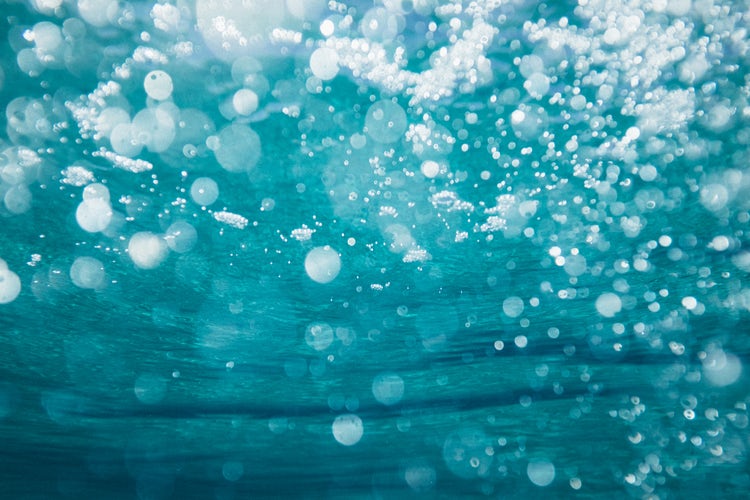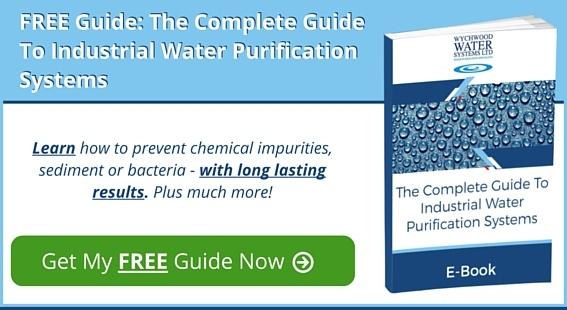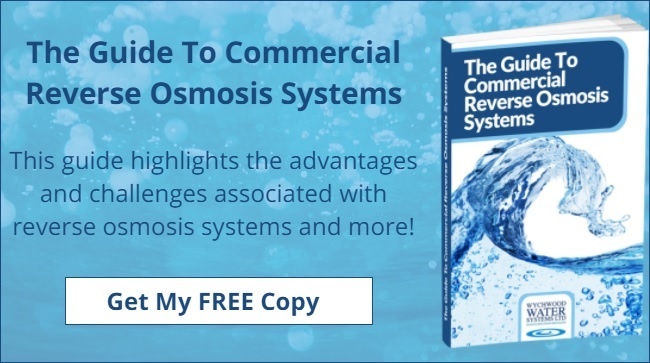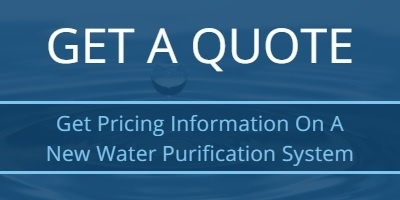
Choosing the right deionisation system is essential to having that system run for a satisfactory amount of time before any maintenance, repairs or replacement have to be made. And choosing the right system is largely dependent on the type of application for which you need deionisation. For example, if you only need to deionise a few gallons of water per minute, your structural needs are very different from another user who has to deionise about 500 gallons per minute at the very least. Therefore, looking into your own personal needs for deionisation will to a great extent govern the type of system you would be looking to install, and the type of DI system will in turn influence the provider who is best suited for the project.
There are a few types of deionisation worth highlighting here. All of these processes are extremely effective in water deionisation, but the subtle differences in their operation may provide more context for choosing a particular system and system provider.
Weak Base Deionisation:
This process utilises a strong acid cation as well as a weak base anion to create deionised water of the lowest purity. The weak base anion lets silica and CO2 to flow through, to give the water a low ph level (i.e., slightly acidic). The applications of this kind of deionisation include a spot-free car rinse as well as window and glass cleaning.
Strong Base Deionisation:
The difference between the strong base and weak base deionisation is that a strongly acidic base resin is employed in the case of the strong base deionisation method, and this banishes all silica and CO2 from the resulting water. It creates water of average purity. The water is far less acidic than the water from a weak base deionisation system and is therefore suitable for use on industrial machine parts susceptible to corrosion and wear – including coolant for CMM machines etc.
Mixed Bed Deionisation:
This process uses a strong acid cation and a strong base anion in the ration of 40/60 respectively and produces the purest deionised water, from an electrical resistance standpoint. The mixed bed deionised water finds wider application because of its purity and electrical resistance of about 18 megaohms. It is used in laboratories, chemical experiments, biotech manufacturing, research facilities, pharmaceuticals, and electronics. It has a completely neutral ph of 7.
Assessing Capability
The most important factor in choosing a DI system provider is availability, especially if you’re running a business that requires deadlines to be met, or is highly time sensitive. This is because, in a case of equipment failure, your DI system provider has to be on hand as fast as possible to rectify the problem and return the system to production.
Also, a DI system provider is preferable if they have worked with different installation projects in the past and have relevant experience to your project needs. This minimises contingencies during installation, minimises human error and ensures that the technicians responsible for routine maintenance and/or emergency have abundant experience in the field. This lets them effectively handle problems that may arise in a way that is both fast and that saves money.
Evaluating Cost & Value For Money
Cost is also an important metric in choosing a DI system provider. Established providers with decades of experience and a large clientele are likely to charge much larger amounts for the same process (although this isn’t universally the case). They leverage on their years of experience as well as the experience of their personnel. There is also a possibility that the quality of service and attention given to their clients is not as comprehensive as smaller providers because of the sheer number of clients they have to serve.
Depending on the situation and your own evaluations, it may be more marginally beneficial to work with a smaller company that has a smaller number of clients to service, as this type of partner is far more likely to respond to repair calls faster. If a partner is located within a short distance of the installation site, it could be an added advantage.
Customer Recommendations
In choosing a DI system provider, a different route could be to work with a provider whose equipment is strongly recommended. Some water purification companies design and produce their own equipment for water purification, while others act as resellers for larger manufacturers. Industry veterans would be able to provide reviews on equipment and services that are truly reliable. Getting this kind of information makes it much easier to choose a DI system provider based on the durability of their equipment.
Choosing a DI system provider that is perfect for your needs will take actual research and some familiarity with the industry, but it is well worth every second because this initial research will save loads of time, money and painful downtime down the road.
Service & Quality From Wychwood Water
At Wychwood Water we provide a great balance of choice, quality and attentive customer service. As a fairly small business, we have the resources and ethos to devote personal care to each one of our customers, providing a bespoke service that delivers the precise results you need. This has enabled us to work with a number of large manufacturers over the years, both in the UK and abroad. Our supply partnerships with some of the world’s leading water purification plant manufacturers allows us to provide attractive prices, combined with maintenance and servicing packages to increase the life of your equipment.
Find out more about your water purification options by downloading our Industrial Water Purification Guide, which can be accessed for free by clicking here.









 We are a specialist independent company involved in water purification and water treatment technologies
We are a specialist independent company involved in water purification and water treatment technologies


